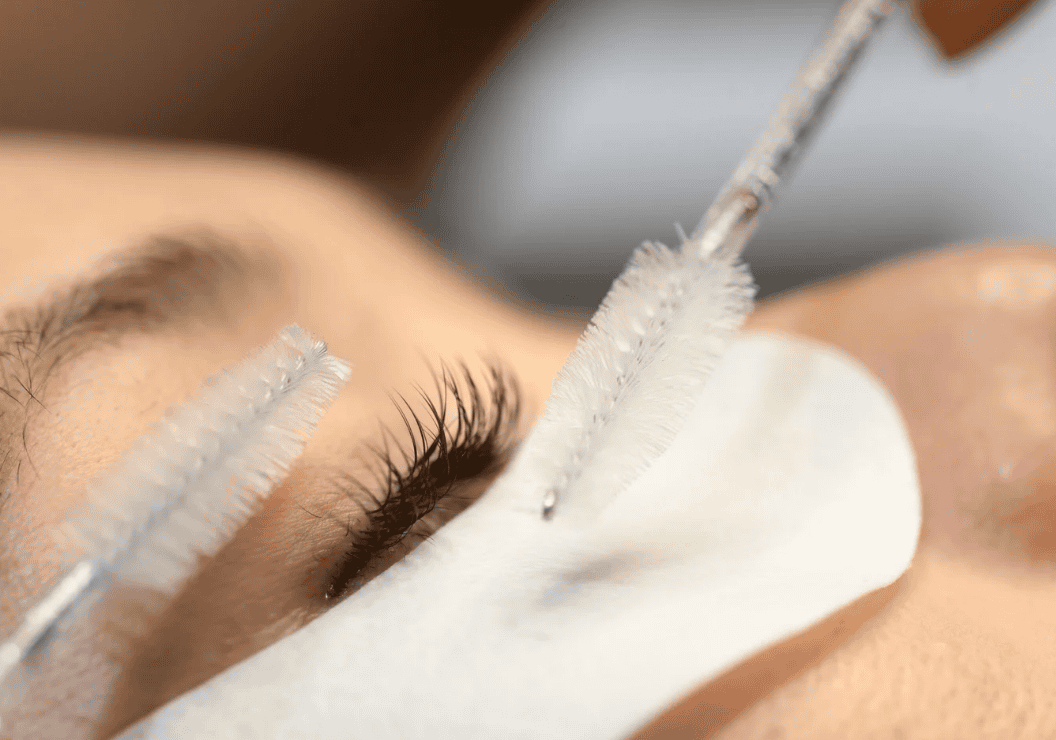Modern life demands constant focus, organization, and productivity. For many people, particularly those who are neurodivergent, everyday tasks such as planning, prioritizing, and switching between responsibilities can feel disproportionately difficult.
At the center of many of these struggles lies executive function, a group of cognitive skills that help us manage daily life. When those skills are under strain, whether through chronic stress, burnout, or underlying conditions such as ADHD (attention deficit hyperactivity disorder), the results can be exhausting and confusing.
Understanding how executive function, burnout, and ADHD interact can provide clarity and direction for those who feel stuck in cycles of overwhelm.

What Is Executive Function?
Executive function refers to a collection of mental processes that allow us to:
- Plan and organize
- Manage time
- Regulate emotions
- Maintain attention
- Switch between tasks
- Control impulses
- Remember and apply information
These processes are largely associated with the prefrontal cortex, the part of the brain responsible for higher-level thinking. When executive function is working effectively, tasks feel structured and achievable. When it is impaired, even simple responsibilities can seem overwhelming.
Difficulties with executive function are a core feature of ADHD. These challenges are not caused by laziness or lack of motivation. They reflect genuine neurological differences in how the brain processes and regulates information.
Understanding Burnout and Its Cognitive Impact
Burnout is a state of emotional, mental, and physical exhaustion that develops after prolonged stress. Although commonly associated with workplace pressure, burnout can affect students, parents, carers, and anyone managing sustained demands without sufficient recovery.
Common symptoms include:
- Persistent fatigue
- Reduced motivation
- Emotional detachment
- Difficulty concentrating
- Irritability
- Sleep disruption
Burnout does not only affect mood. It also impacts cognitive performance, particularly attention, memory, and decision-making. These are all executive functions. As a result, burnout can closely resemble ADHD, especially in adults who have never been assessed.
ADHD and Executive Function
ADHD is a neurodevelopmental condition characterized by patterns of inattention, hyperactivity, and impulsivity. While symptoms vary between individuals, executive dysfunction is often central.
People with ADHD may experience:
- Chronic difficulty organizing tasks
- Challenges with prioritizing
- Inconsistent focus
- Frequent procrastination despite good intentions
- Emotional sensitivity under stress
- Difficulty estimating time accurately
These patterns are typically long-standing and often traceable back to childhood, even if they were not recognized at the time.
For individuals questioning whether their challenges may be related to ADHD, seeking a professional evaluation can be transformative. A comprehensive Private ADHD Assessment can provide clarity, accurate diagnosis, and access to tailored support strategies.

Where Burnout and ADHD Overlap
The overlap between burnout and ADHD can make it difficult to distinguish one from the other. Both can present with:
- Difficulty concentrating
- Reduced productivity
- Emotional overwhelm
- Struggles with time management
- Feeling mentally drained
The key difference often lies in history and persistence. ADHD related executive function challenges are typically lifelong and present across different settings. Burnout tends to develop after sustained stress and may improve when the stressor is removed.
However, the relationship can be complex. Individuals with ADHD are at increased risk of burnout because daily executive function challenges require greater mental effort. Over time, this sustained effort can lead to exhaustion. In turn, burnout can worsen focus, organization, and emotional regulation, intensifying ADHD symptoms.
This can create a cycle:
- Executive function challenges lead to stress.
- Stress builds without adequate recovery.
- Burnout develops.
- Burnout further impairs executive functioning.
- Self-confidence declines and overwhelm increases.
Without proper understanding, individuals may blame themselves rather than recognizing the neurological and psychological factors involved.
Why Accurate Identification Matters
Misidentifying ADHD as simple stress or assuming burnout is just a lack of resilience can delay appropriate support. Some adults only begin to question ADHD when workplace pressures become unmanageable. Others assume their long-term struggles are personality flaws.
An accurate diagnosis allows for evidence-based interventions. For ADHD, this may include medication, behavioral strategies, coaching, or therapy. For burnout, the focus may be on workload adjustments, boundaries, and recovery.
Recognizing patterns, exploring professional assessment, and adopting supportive strategies can transform the experience of overwhelm into one of understanding and empowerment.
With the right support and clarity, it is entirely possible to manage executive function challenges effectively and reduce the risk of long-term burnout.





























